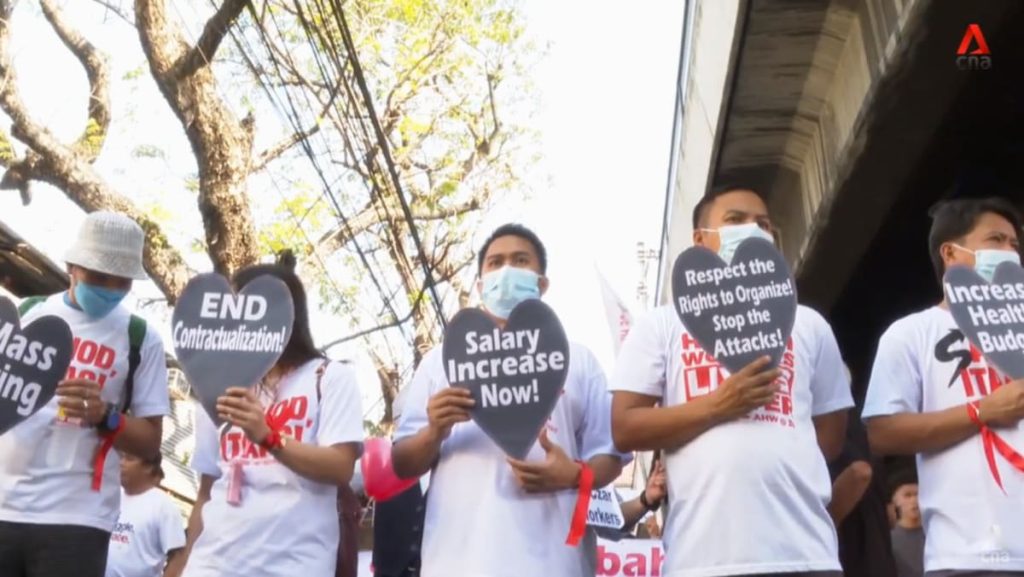Due to the high cost of prescription medications in the Philippines, many patients are resorting to using cheaper supplements as an alternative. While these supplements may provide some relief, they are unlikely to effectively treat the underlying medical conditions that the patients are dealing with. This is a concerning trend, as it can potentially lead to patients not receiving the necessary treatment they need to manage their health conditions and improve their overall well-being.
The lack of access to affordable medication is a major issue for many Filipino patients, especially those who have lower incomes or limited health insurance coverage. This often forces patients to make difficult choices between purchasing expensive prescription drugs or opting for cheaper supplements that may not be as effective. As a result, many patients may be compromising their health and well-being by choosing to forego essential medications in favor of more affordable alternatives.
In addition to the financial burden of expensive medications, there are also issues related to the availability of certain drugs in the Philippines. Some medications may be in short supply or unavailable at local pharmacies, making it even more challenging for patients to access the treatment they need. This scarcity of medication can further contribute to patients turning to supplements as a substitute for prescribed drugs, even though they may not provide the same therapeutic benefits.
It is important for patients to consult with their healthcare providers before making the decision to use supplements as a replacement for prescribed medications. Healthcare professionals can provide valuable guidance and recommendations on the most appropriate course of treatment for each individual patient based on their specific health needs. By seeking advice from healthcare professionals, patients can make informed decisions about their healthcare to ensure they are receiving the most effective treatment for their conditions.
Healthcare providers and policymakers in the Philippines need to address the challenges faced by patients who are unable to afford prescribed medications. This may include implementing programs to make essential medications more affordable and accessible to those in need. It is crucial for policymakers to prioritize the health and well-being of the Filipino population by ensuring that all individuals have access to the medications they need to manage their health conditions effectively.
In conclusion, the use of supplements as a cheaper alternative to prescribed medications is a concerning trend among many Filipino patients who are struggling to afford the cost of their healthcare. While supplements may offer some relief, they are unlikely to provide the same therapeutic benefits as prescription medications. It is essential for patients to work closely with their healthcare providers to find the most appropriate and effective treatment for their conditions, rather than compromising their health by choosing cheaper alternatives. Addressing the issues of affordability and availability of medications in the Philippines is crucial to ensuring that all patients have access to the necessary treatment to improve their health and well-being.















